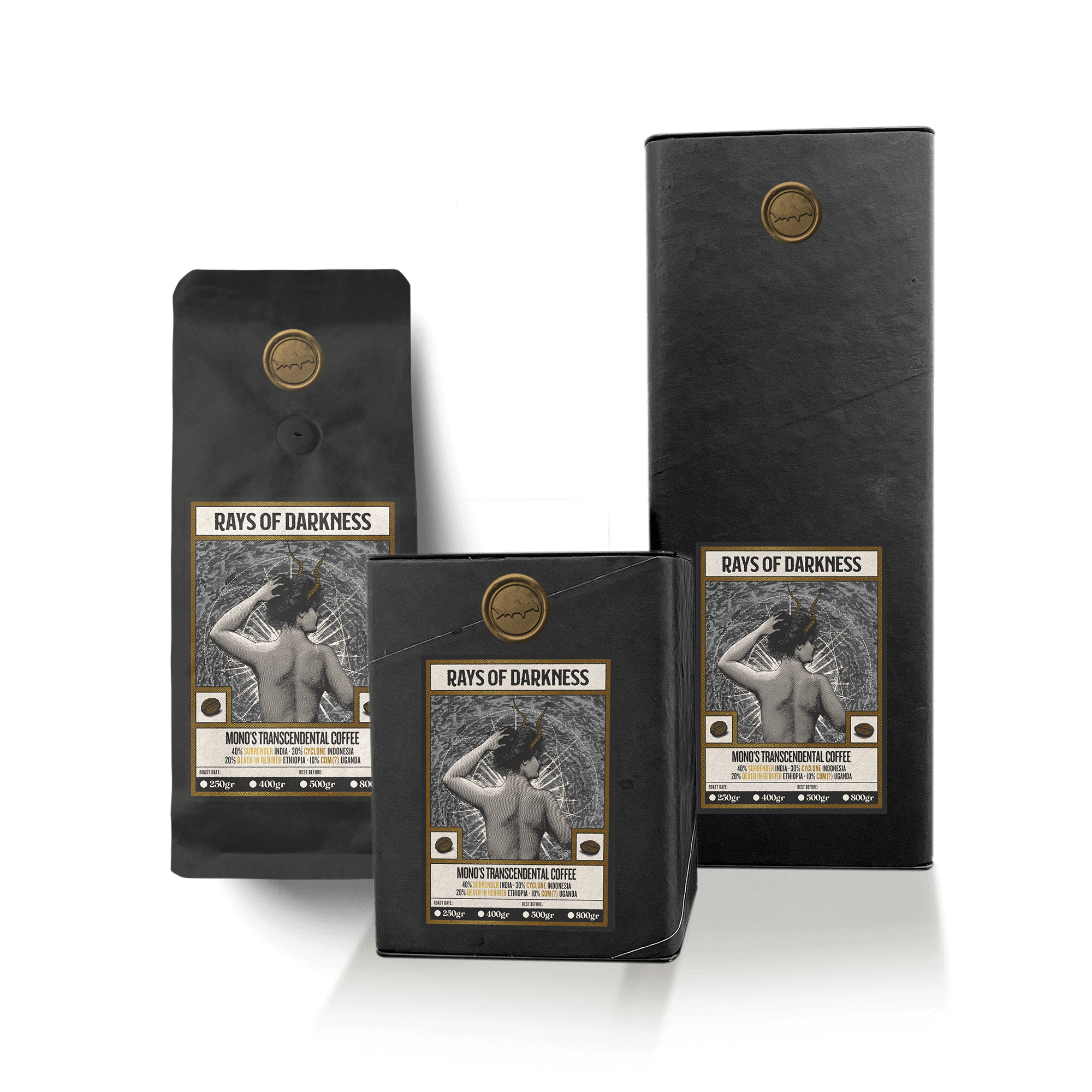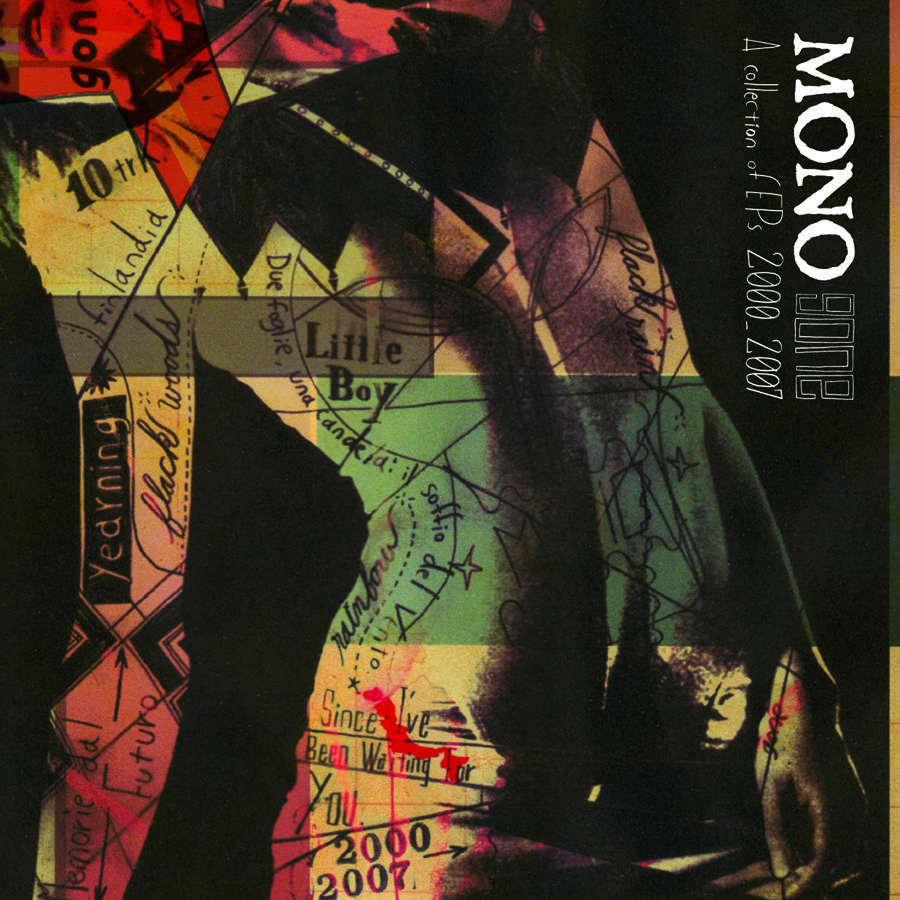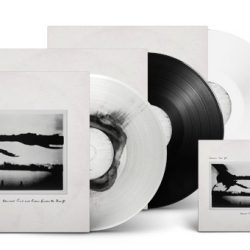Description
This transcendental coffee blend is made up of the following beans, roasted on a 70 years old machine in a Berlin Kreuzberg backyard by a man who is a cofee encyclopedia in flesh and bean.
40% SURRENDER
This coffee has a distinctive flavour reminiscent of nuts and milky chocolate, distinguished by low acidity and an incredibly full, rich aroma. After the decapitation of the hand-picked cherries, the rests of the pulp are being rubbed off with sand, not via the usual fermentation process, and after several days of drying under the open Indonesian sky, the parchment skin is being peeled. The raw coffee beans have a heavy green colour with brown shadings, and only after 18-22 minutes of slow roasting, they reach their homogenous brown colour.
30% CYCLONE
The intense flavour of this South Indian coffee builds up slowly but lasts long, just like a tropical storm. At the beginning of the monsoon period in May and June, the peeled and sorted coffee beans are spread out on ventilated platforms and exposed to the damp monsoon air for 8-10 weeks. The moisture content of the beans rises, they expand and eventually turn yellow-golden.
20% DEATH IN REBIRTH
With a fine balance of mildly sweet and fruity-flowery flavours reminiscent of Bordeaux wines, every sip of this extraordinary Bourbon-Arabica from the South of Ethiopia explains why „qawha“, the arabic word for coffee can stand for „stimulating drink“ as much as for “wine“. This is a coffee that always works, even when your machine isn’t perfectly set up.
10% COM(?)
What else could a coffee bean named after a 15-minutes noise orgy be, then a genuine robusta? This coffee is a vivid display of character straight from the heart of Africa, oozing with sheer power.
//
*** All Pelagic coffees are more than “fair trade“. The „fair trade“ label usually just means that the coffee pickers and smallholders are paid around 15 cents more per kg than average in the respective regions. With our speciality coffees, the actual quality of the coffee determines the prices and paybacks, which are nearly twice as high as the average world market price— and the best coffee quality can only be achieved by purely organic farming. ***






